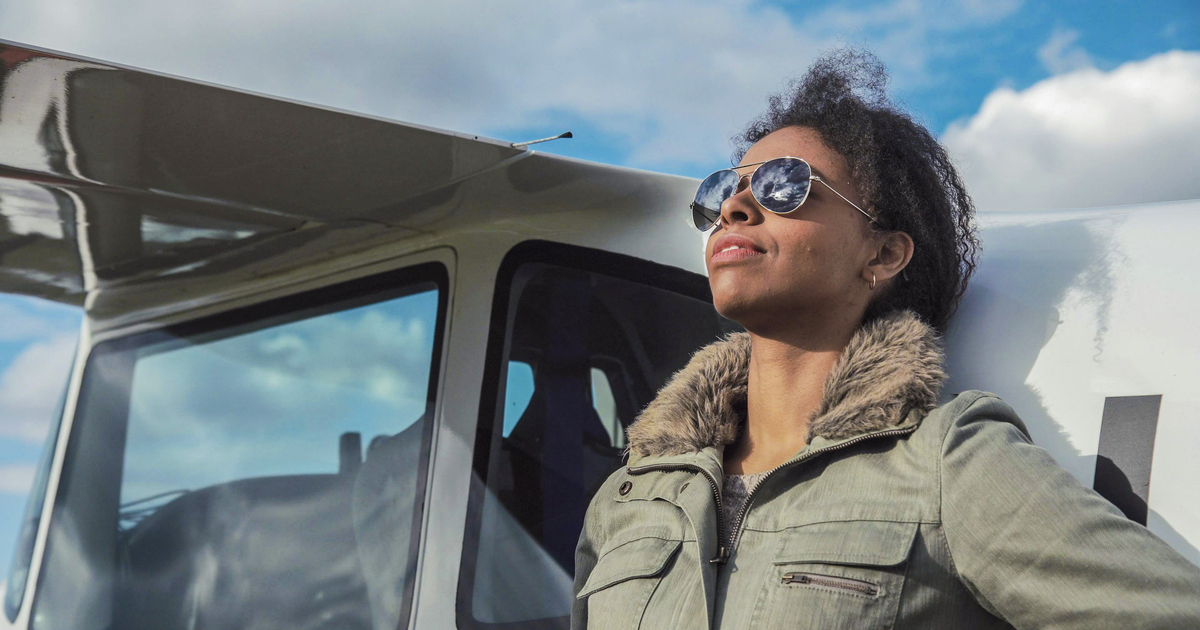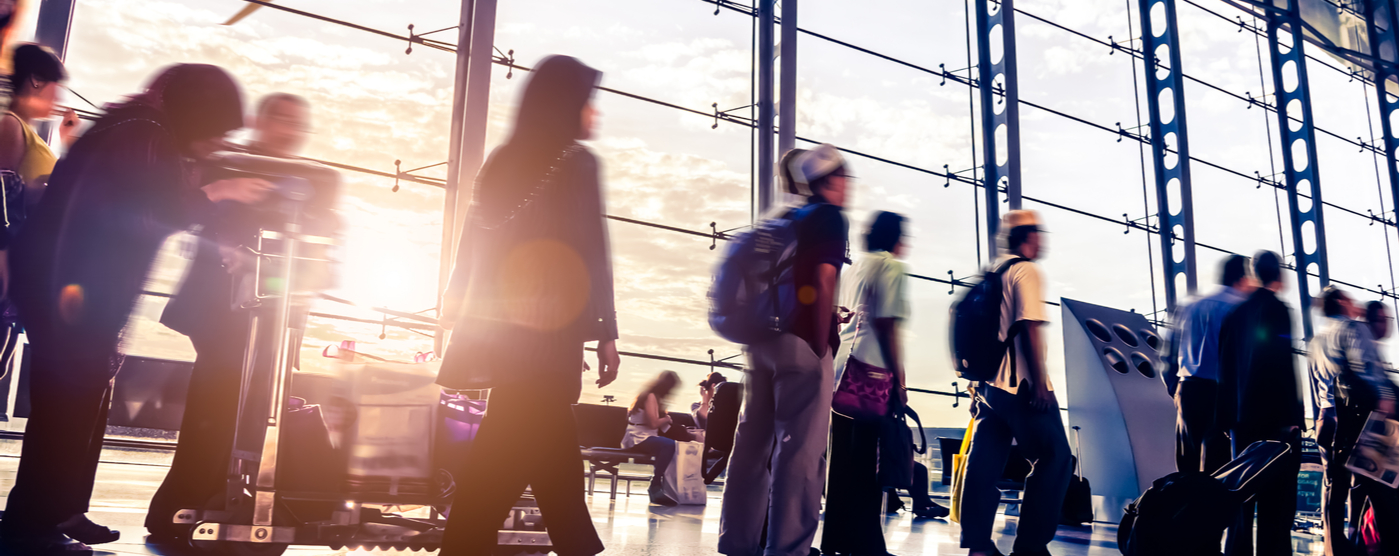Vaughn Endorses New Diversity Goals in Aviation

There’s a new look on the horizon for commercial airline cockpits—and we’re not talking about the instrumentation. The airline industry is embracing its restart with a comeback that will be better than ever, with diversity and inclusion taking center stage.
Working the numbers
According to the US Bureau of Labor Statistics, 93.7 percent of professional pilots are white and 92.5 percent are male. The new industry initiatives hope to change these percentages. And the timing couldn’t be better as it comes on the heels of the nation’s ongoing pilot shortage.
Getting on board
Airlines are realizing they must broaden their scope when it comes to searching for talent. Many have pledged to make diversity a priority—at all levels—within their companies, and this encompasses hiring practices, management and company culture. Women, people of color and other underrepresented groups will be part of the industry restart initiative, keeping these demographics front and center when it comes to opening the doors of opportunity for careers in aviation.
United Airlines announced its new diversity goal and plans to train 5,000 new pilots by 2030, with at least half of them being women and people of color. Delta Air Lines committed to improving their efforts on a year-by-year basis. Last December, Delta joined forces with the founding members of OneTen, an organization of American corporations committed to hiring, training and promoting one million Black Americans over the next 10 years. American, Alaska Southwest and JetBlue are also making commitments to racial inclusion. Globally, the International Air Transport Association (IATA) launched its 25by2025 initiative, which aims to make aviation more gender-balanced by increasing the number of women in the industry by 25 percent by the year 2025.
Breaking barriers
For inner-city children of color, working in the aviation industry may not even be on their radar due to the lack of exposure and the high cost of becoming a pilot. Chairman of the Organization of Black Aerospace Professionals (OBAP) Joel Webley said airlines should increase their efforts with minority groups by putting an emphasis on providing paid internships for college students. Luckily, one of the many missions of Vaughn’s career services department is to create opportunities for students to get paid internships.
How Vaughn embraces diversity
The faces of the Vaughn College community are reflective of the diversity found in its home borough of Queens and of its core values of embracing diversity, welcoming students from all cultures, heritages and economic backgrounds. Also worth noting is how Vaughn’s aviation, engineering and technology, and management programs have attracted more women in recent years, and Vaughn President Dr. Sharon B. DeVivo is committed to growing female enrollment across all programs at the College.
“Vaughn’s diversity is our ‘super power,’” notes DeVivo. With 80 percent of our students coming from minority backgrounds and a majority, minority faculty and staff, we are committed to serving individuals from underrepresented groups and our graduates are changing the industry.”
DeVivo is also the national chair for the Youth in Access to Aviation Jobs in America Task Force and is working with a group of 20 national leaders to grow the pipeline of young people, specifically from underrepresented groups, pursuing careers in aviation and aerospace. The Task Force hopes to make their final recommendations to the Federal Aviation Administration and Congress in 2022.
Vaughn makes it affordable
Vaughn College offers federal, state and institutional funding to help students pay for their education. In fact, 90 percent of Vaughn students are eligible for some type of financial aid, with the average package totaling more than $15,000 per year. Vaughn also offers several scholarships and programs like HEOP (Arthur O. Eve Higher Education Opportunity Program) that help students from lower socioeconomic backgrounds to attend college.
Vaughn ranked number one in upward mobility
Part of Vaughn’s success is reflected by its impressive position of having been ranked as the nation’s number one college in upward mobility. According to a 2017 study published in The New York Times, Vaughn College is noted as “an institution doing more to impact social mobility for those who start from less fortunate means,” and is also listed as the top institution for moving students from the bottom percentages to the top 40 percent in income. The article stems from a study conducted by The Equality of Opportunity Project entitled, “Mobility Report Cards: The Role of Colleges in Intergenerational Mobility.”
In addition, Vaughn ranks high in both economic and ethnic student body diversity among US colleges and is also a federally designated Hispanic-serving institution.
Do you have a passion for flying? An aviation degree from Vaughn College can set your career soaring. Apply today!

